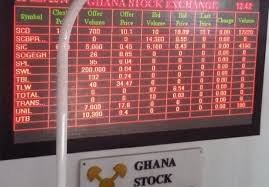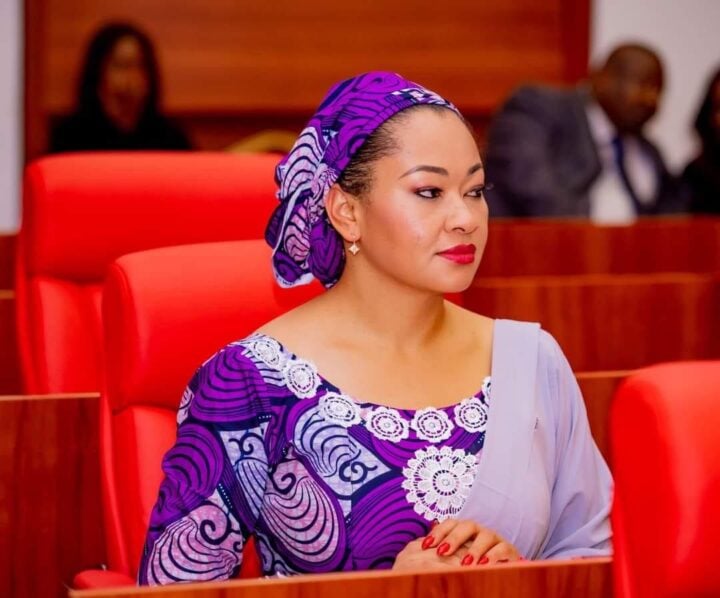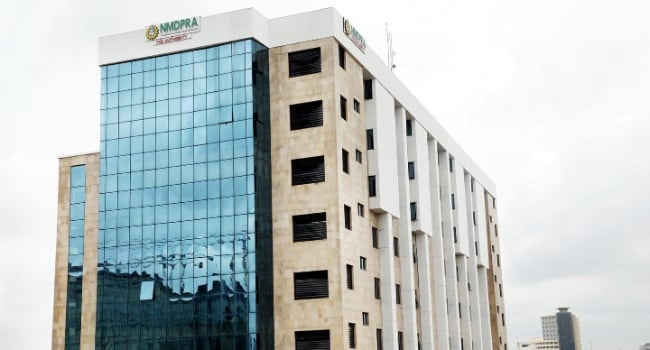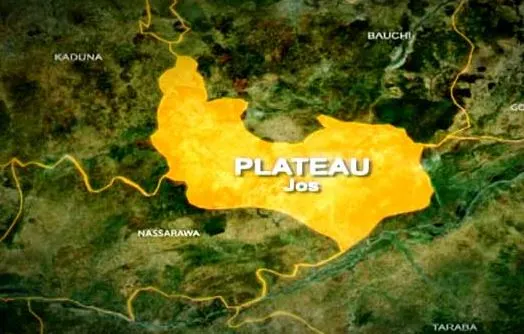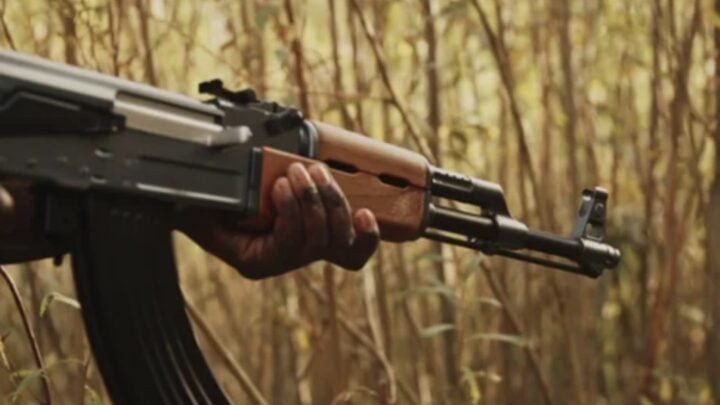Doctors Without Borders Ceases Operations at Two Haitian Health Centers Following Attack
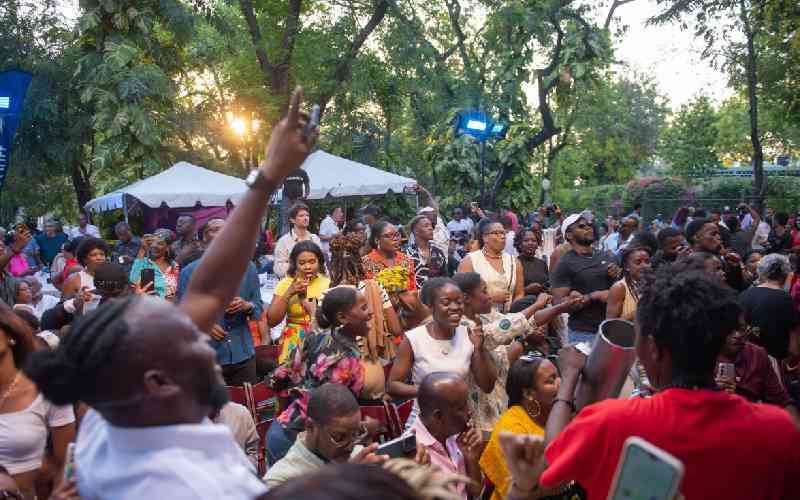
The international charity Doctors Without Borders (MSF) has announced its withdrawal from two emergency health centers in Port-au-Prince, Haiti, following a targeted attack on one of its convoys. The incident, which occurred on March 15, involved a clearly identified MSF convoy being deliberately targeted by at least one hooded man in uniform while traveling between the Turgeau emergency center and the Carrefour Trauma Hospital. The vehicles were shot 15 times, forcing MSF to halt use of the route.
MSF stated that it had already evacuated the Turgeau center due to the fighting getting dangerously close. The decision to withdraw from both facilities will last for a minimum of three months to assess whether the security situation improves enough for MSF teams to return.
Benoît Vasseur, MSF's Head of Mission in Haiti, described the withdrawal as "extremely painful" given the growing medical needs of the population. He emphasized that without the ability to use the road to transfer patients, transport personnel, or deliver medical supplies, the facilities could no longer function. Before the withdrawal, MSF had observed an alarming increase in the number of violence victims arriving at the two centers, with 550 people treated for violent trauma between January and March. The facilities had also conducted over 3,600 medical consultations and treated an equal number of emergency cases during the same period.
The withdrawal comes as Haiti, the poorest country in the Western Hemisphere, grapples with political instability and gang violence. Rival armed gangs are battling for control of Port-au-Prince, engaging in protection rackets, murders, rapes, and kidnappings for ransom. According to the UN, gang attacks, security force operations, and violence by self-defense groups have resulted in at least 1,518 deaths and 572 injuries in Haiti during the first three months of this year alone.
MSF has been working in Haiti for over three decades and continues to operate in other areas of the capital and the southern region.



